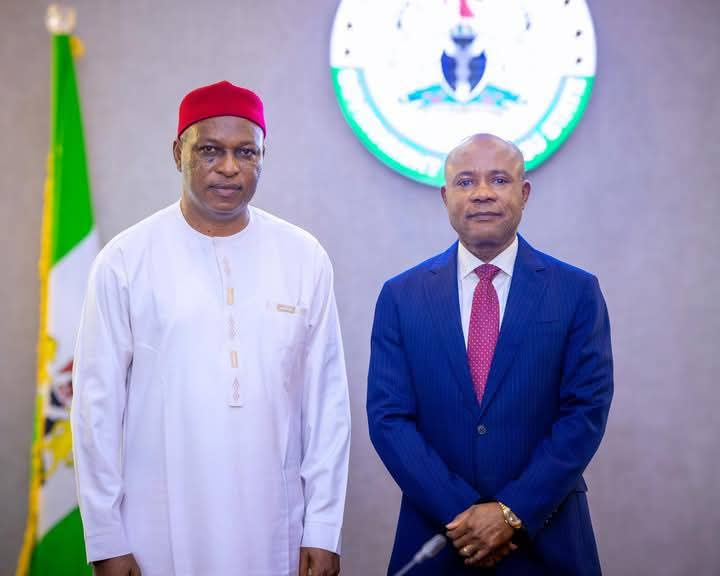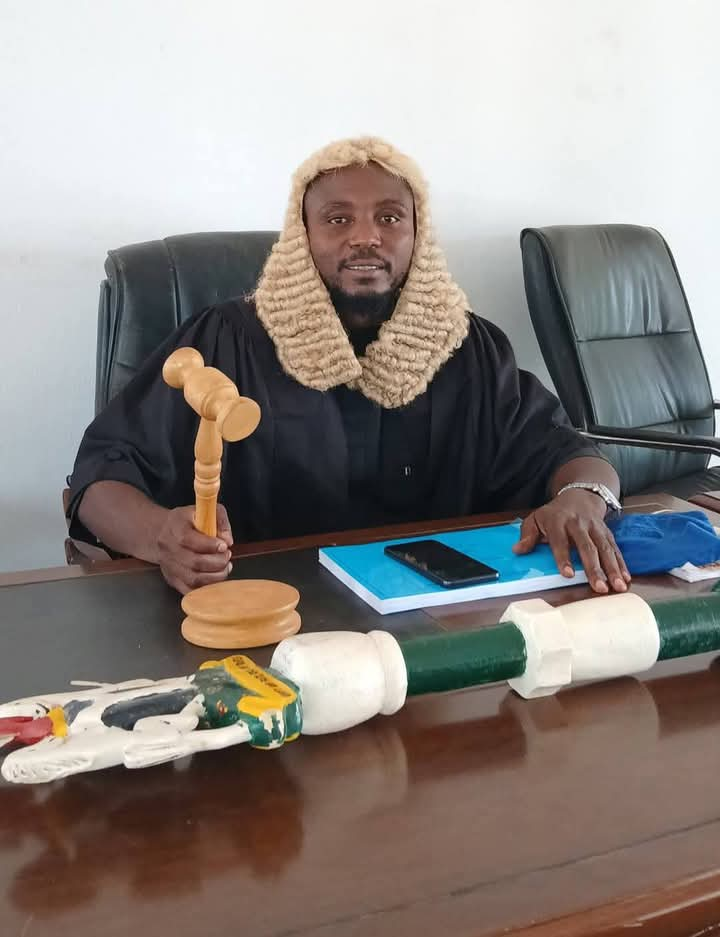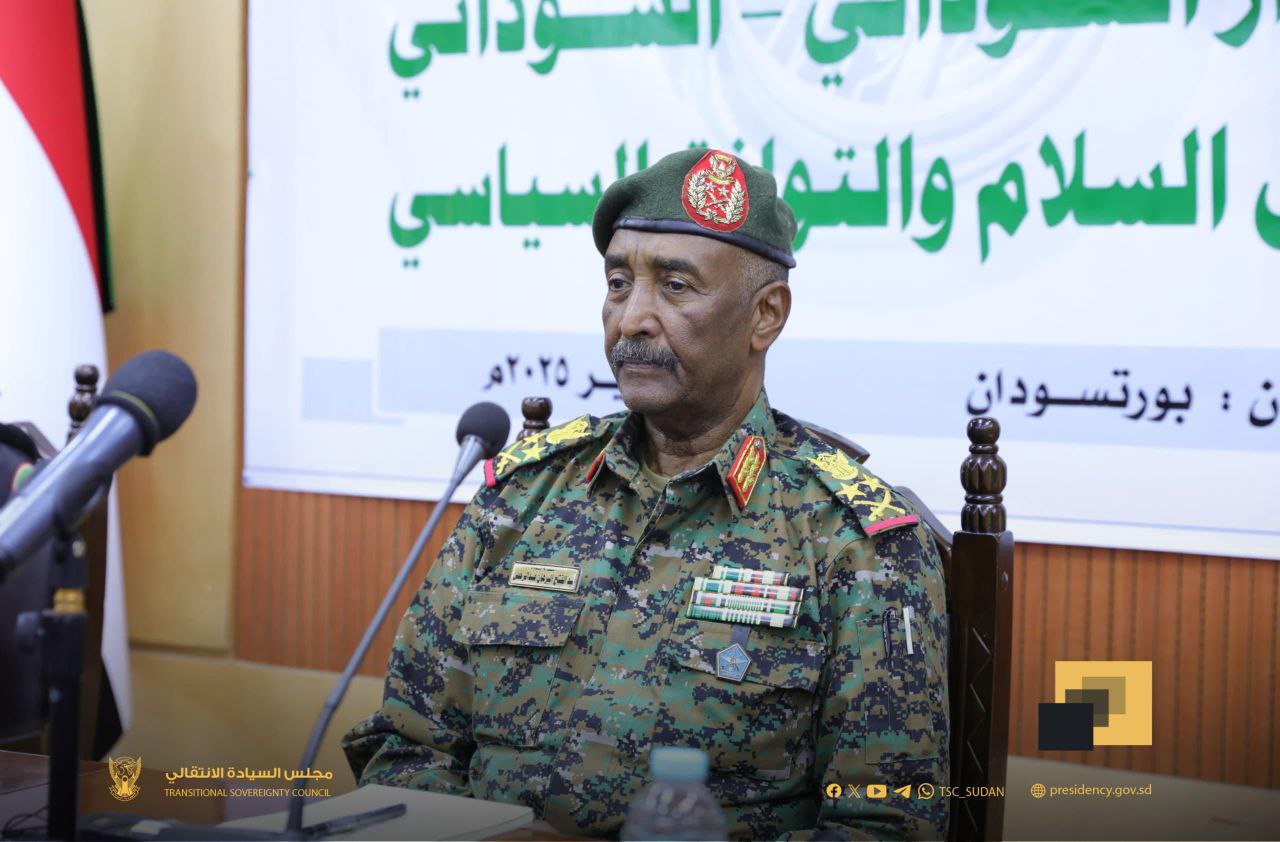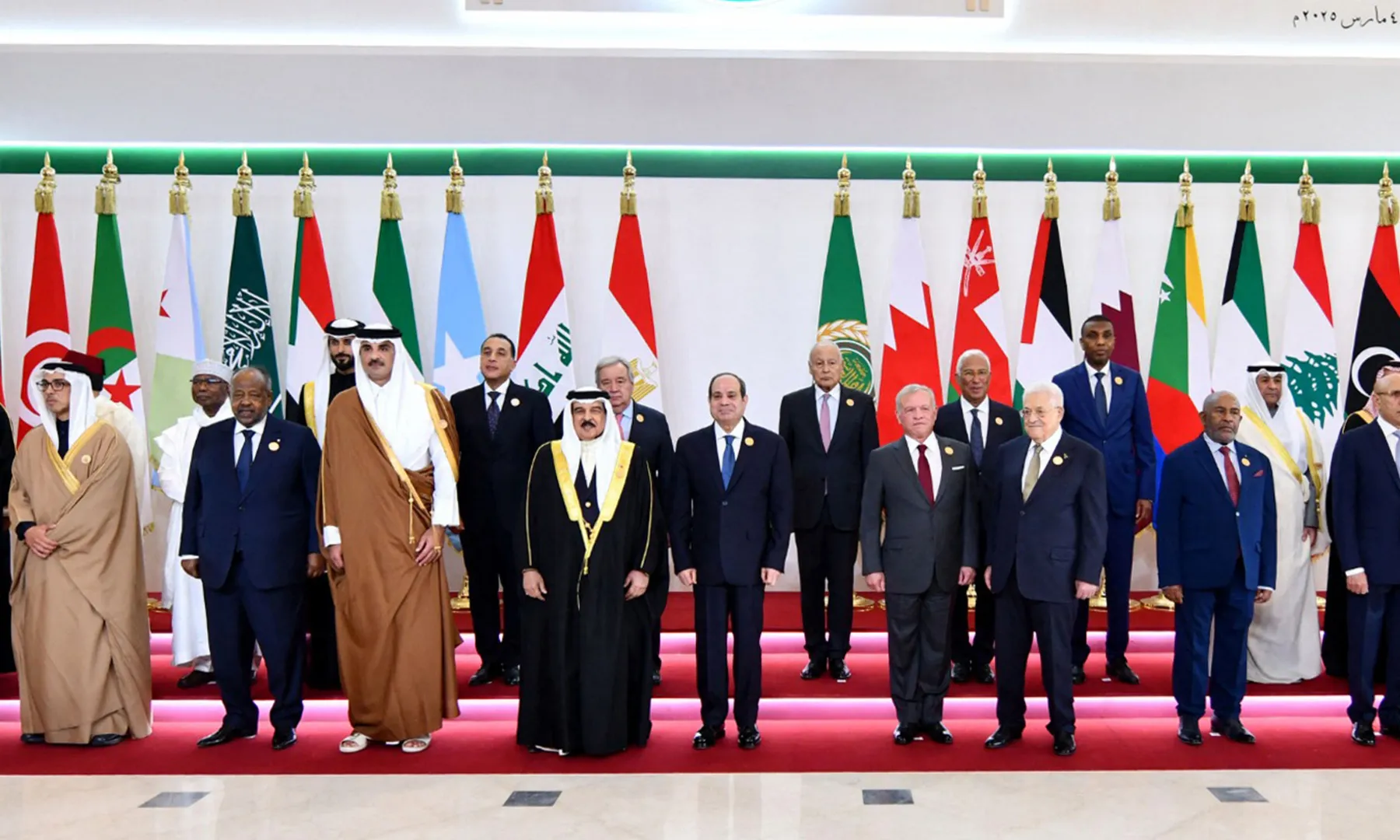A delegation from neighbouring regional nations has arrived in Niger in a last-ditch diplomatic endeavour aimed at finding a peaceful resolution with mutinous soldiers who ousted the country’s president in a coup last month.
The diplomatic mission is reported to have touched down at the capital city, Niamey, around 1 pm (12:00 GMT) yesterday. This development follows a warning from the bloc’s military leaders that they were ready to intervene and reinstate the deposed President Mohamed Bazoum.
Confirming the arrival of the delegation, the governing military council of Niger acknowledged the presence of representatives from the Economic Community of West African States (ECOWAS), headed by former Nigerian leader Abdulsalami Abubakar.
In an earlier attempt this month, a delegation led by Abubakar from ECOWAS had sought to meet both deposed President Bazoum and the leader of the coup, General Abdourahamane Tchiani, but was unsuccessful in its mission.
The ECOWAS representatives are collaborating with United Nations Special Representative for West Africa and the Sahel, Leonardo Santos Simao, in their efforts to facilitate a peaceful resolution to the ongoing crisis in Niger.
UN spokesperson Stephane Dujarric indicated that Simao’s discussions would include meetings with the military rulers and other relevant parties, with the objective of achieving a swift and peaceful resolution.
The central focus of these diplomatic endeavors is the restoration of constitutional order, the liberation of President Bazoum and his family, and the reinstatement of his legitimate authority.
ECOWAS had previously ordered the deployment of a “standby force” to Niger on August 10 to restore democratic rule. The soldiers who orchestrated the coup have entrenched themselves in power, resisted dialogue, and subjected President Bazoum, along with his family, to house arrest.
As diplomatic initiatives gain momentum, it remains to be seen whether the mission’s efforts can yield the desired peaceful outcome in Niger, a country teetering on the edge of a precarious situation. The diplomatic engagement is set against the backdrop of increasing insecurity and challenges in the region.
The humanitarian crisis in Niger, compounded by economic and travel sanctions imposed by ECOWAS, has further exacerbated the plight of the population. Previously seen as a democratic ally against rising threats from extremist groups, Niger faces both internal and external challenges that demand careful navigation for a stable future.




